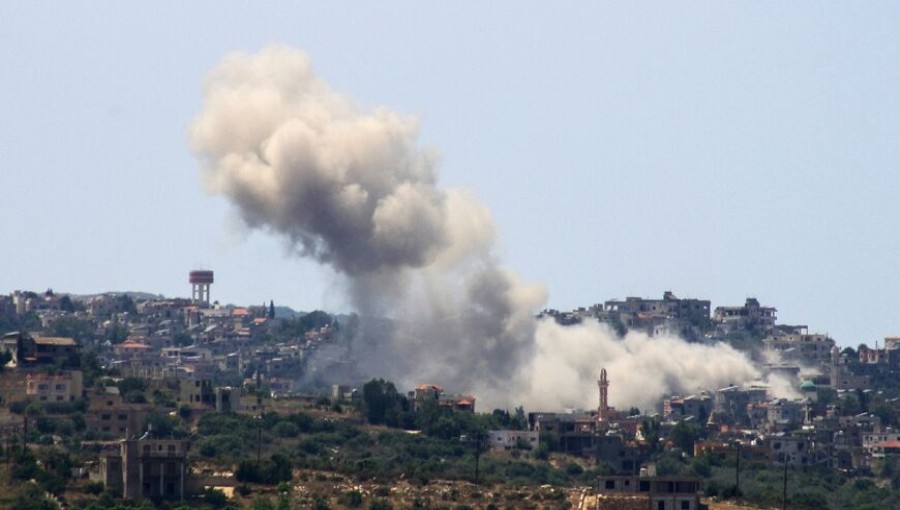The Middle East is currently facing escalating tensions as the rhetoric between Israel and Hezbollah in Lebanon intensifies. The possibility of an all-out war looms, raising questions about its potential implications for global politics, the stance of Western powers including the United States, and the ultimate outcomes for both sides involved.
Israel has been engaged in a prolonged conflict with Hamas in the Gaza Strip for over eight months. Despite heavy attacks aimed at eliminating Hamas, Israel has not succeeded in overcoming the resistance. Instead, the conflict appears to be reaching a point where Israel is looking for an exit strategy. Israeli Prime Minister Benjamin Netanyahu recently stated that the operations in Gaza are nearing completion and hinted at shifting focus to Lebanon, vowing severe repercussions for Hezbollah.
In response, Hezbollah's leader, Hassan Nasrallah, has threatened to retaliate strongly against any Israeli aggression, warning that Israel could be wiped off the map if it attacks Lebanon.
Abdul Bari Atwan, a prominent political commentator in the Arab world, has provided a detailed analysis of the potential outcomes if Israel and Lebanon engage in full-scale war. Atwan asserts that Hezbollah is well-prepared to counter any Israeli offensive with substantial military capabilities, including millions of missiles, drones, and rockets. He highlights the recent deployment of Hezbollah's 'Hudhud' spy drones, which successfully evaded Israel's air defense systems and returned with sensitive intelligence from Israeli military bases.
According to Atwan, Israel is currently stretched thin, facing conflicts on multiple fronts – Gaza, Lebanon, and the West Bank. The added pressure from Hezbollah, supported by Iran, further complicates Israel's position. Atwan suggests that Israel's aggressive stance might be an attempt to draw the United States into a broader conflict in the Middle East, a move that could see Russia and China backing Hezbollah indirectly.
If a war breaks out between Israel and Hezbollah, it is expected that the United States will intervene in support of Israel. However, such involvement could trigger a broader conflict, drawing in global powers like Russia and China, who might support Hezbollah to counter U.S. influence in the region.
Cyprus, which has been mentioned in the context of a secret agreement with Israel, has distanced itself from the conflict following Hezbollah's threats. This indicates the potential for the conflict to disrupt alliances and affect regional stability.
The prospect of an all-out war between Israel and Lebanon remains uncertain, but the current trajectory of threats and counter-threats indicates a highly volatile situation. The involvement of major powers and the strategic significance of the Middle East mean that any escalation could have far-reaching consequences, potentially altering the geopolitical landscape significantly. As both sides prepare for the worst, the international community watches closely, hoping for a diplomatic resolution to prevent further bloodshed and instability.





























Comment: